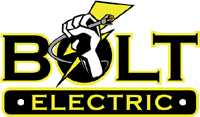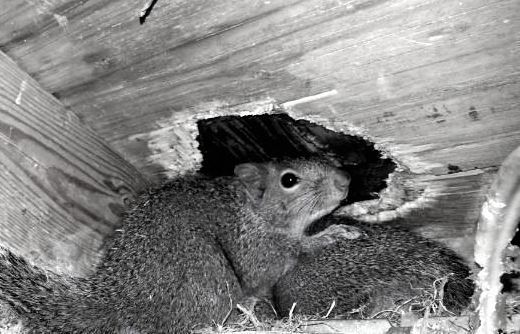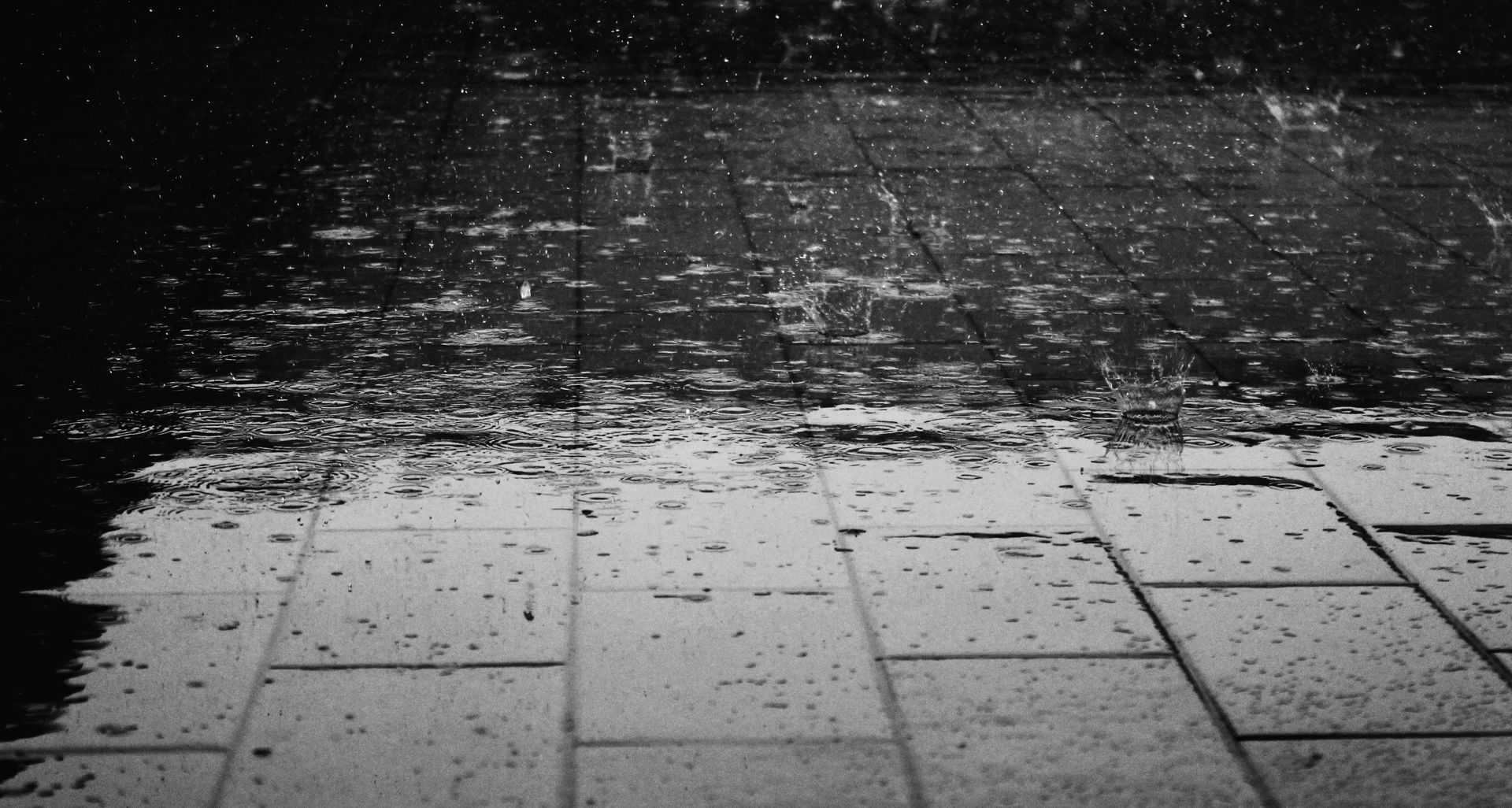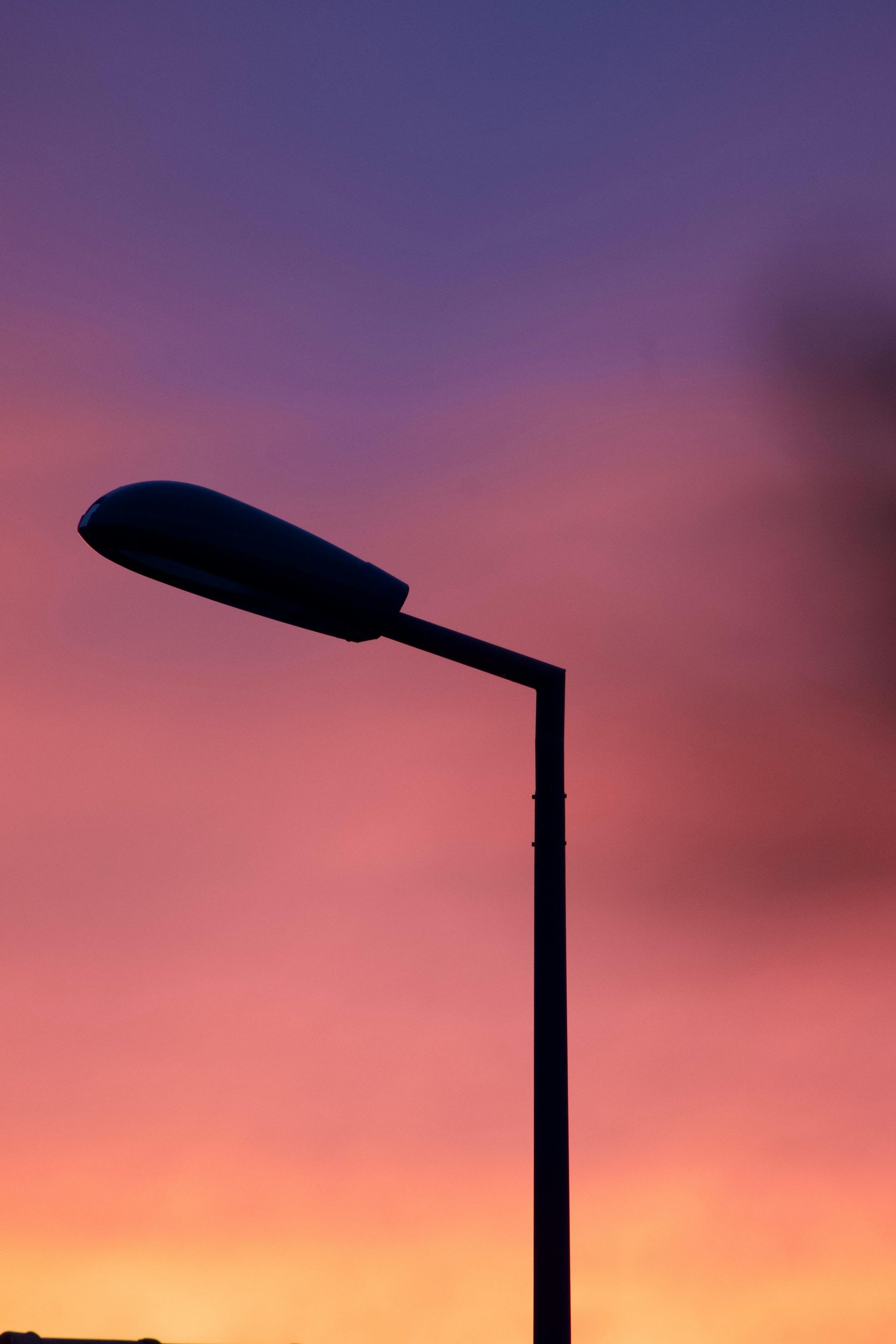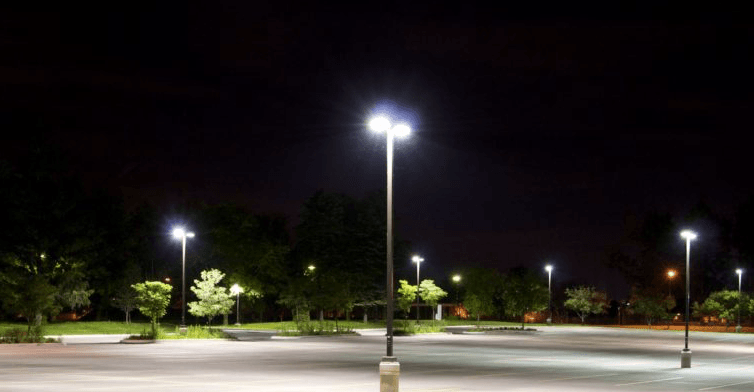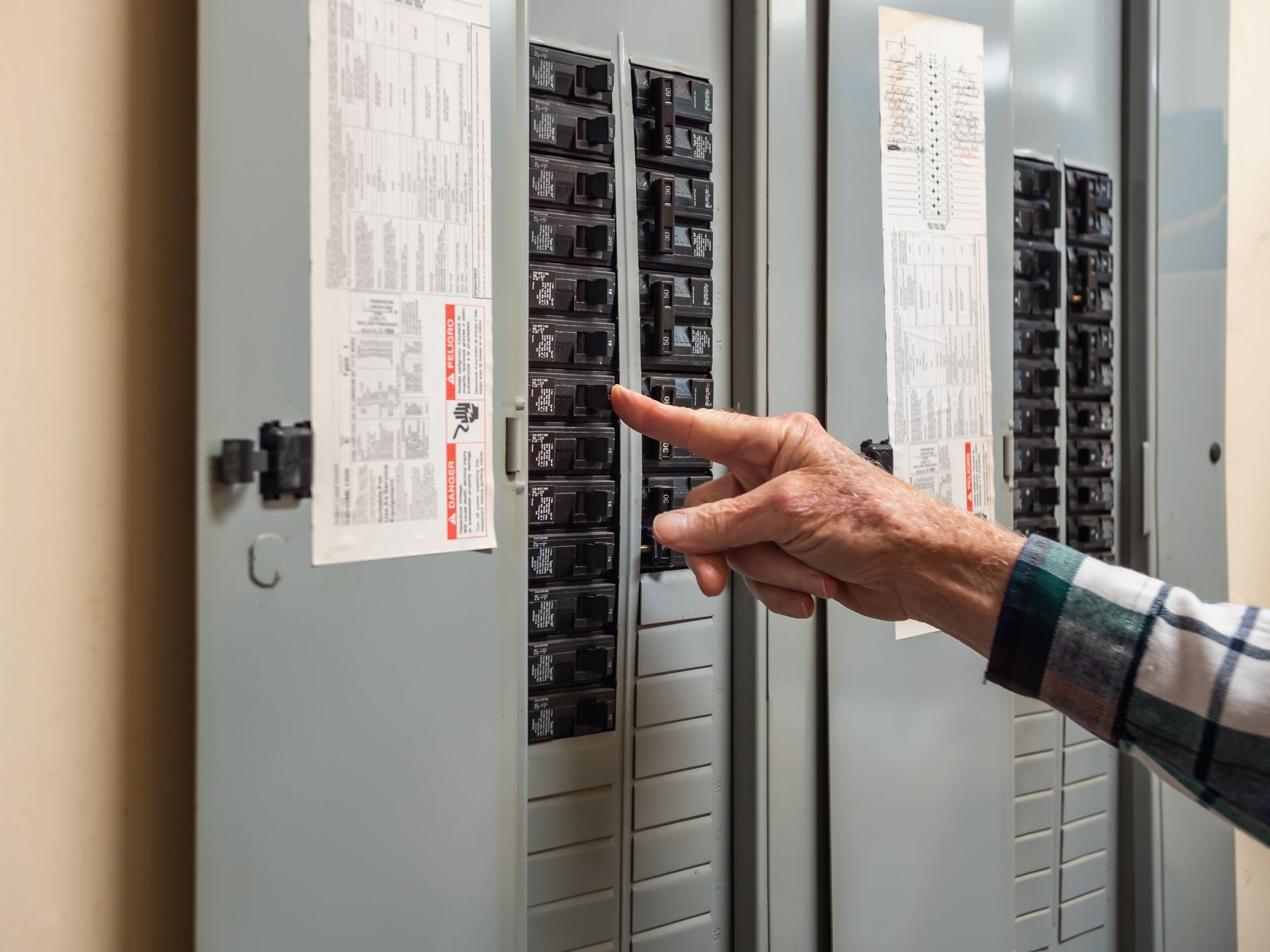ELECTRICAL FIRES
WHAT TO KNOW AND PREVENTION TIPS…
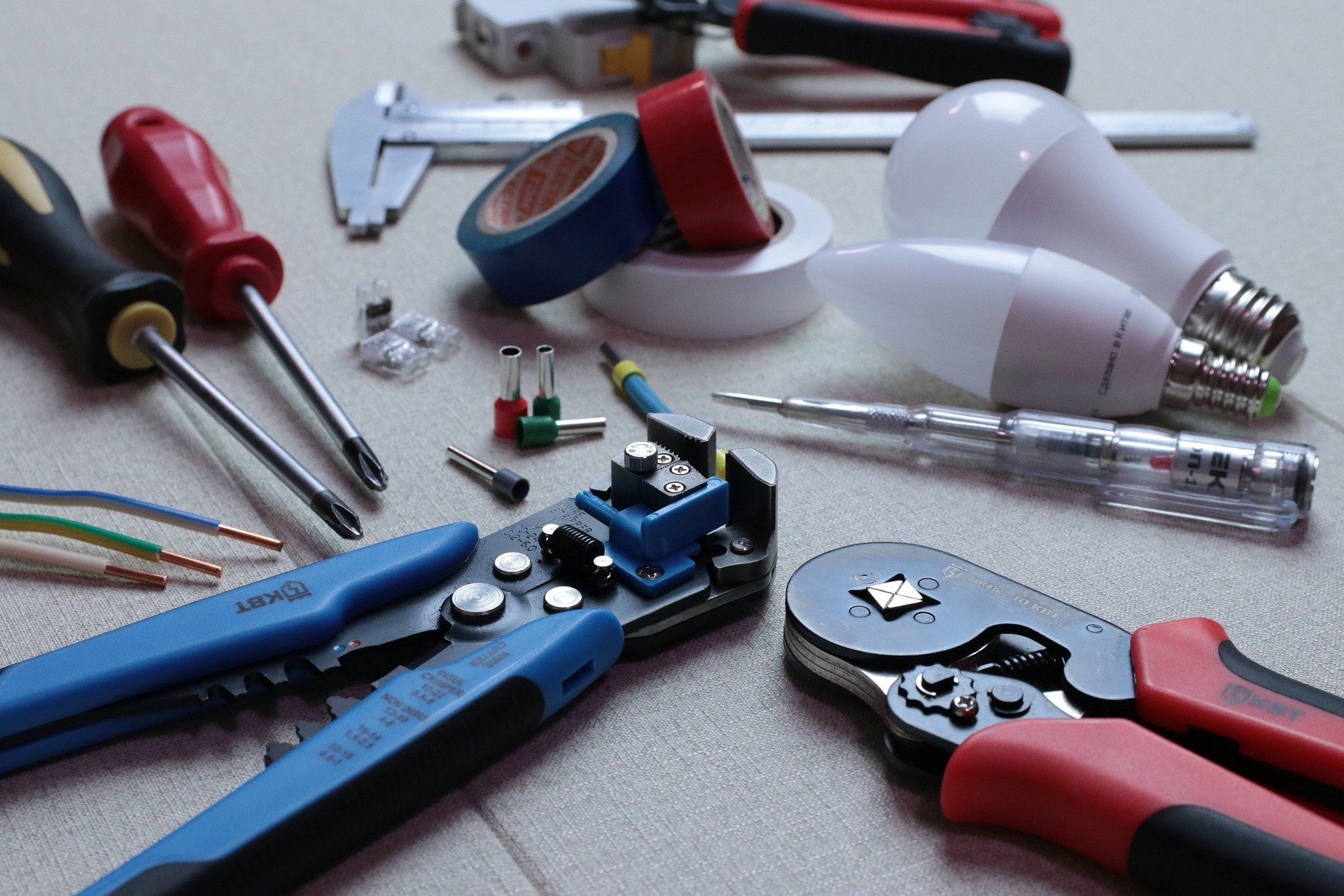
As summer comes to an end and the weather patterns begin to change here in San Antonio and South Texas, we watch as the temperatures begin to ease and northern cool fronts blow through; as well as the occasional round of thunderstorms.
Fall moves quickly here in the south, if you blink you may miss it! And then…on to winter!
During the colder months of winter here in the South; it gets darker earlier and we tend to spend more time indoors, which makes us depend on our electrical systems a bit more. Not only for interior lighting and the warmth of our heaters, but for entertainment as well, and let’s not forget exterior lighting for safety.
While electricity is a very wondrous thing, it can also come with many hidden dangers. Due to electricity being utilized so frequently and often without incident, folks tend to underestimate the potential risks that electricity in any form can cause. Electrical fires being one.
Electrical fires can pose an enormous threat. In fact, from 2015–2019; three in ten residential house fires involving electrical failure or malfunction; occurred in cold weather months from November through February.
One third of residential fires occur due to an electrical source. These fires are sometimes more difficult to identify their source; due to the fact that they are more destructive and pose a higher danger risk than other causes of fire.
Electrical fires result in almost 500 deaths and more than 1,400 injuries annually. Needless to say, they are very dangerous. However, with proper precautions and safe, appropriate reactions, you can minimize the risk of injury or death.
We here at Bolt Electric, thought to share some good tips for combating and preventing an electrical fire in or around your home. When you understand how to respond quickly in this type of scenario, it can mean the difference between a small fire and a devastating catastrophe.
IN THE EVENT OF AN ELECTRICAL FIRE:
· Turn off the power if possible. If you recognize what is causing the electrical fire, such as a small space heater, and you can safely unplug the item, then do so.
· Do NOT use water, or any other liquid to put out an electrical fire. Water is a natural conductor of electricity, and can electrocute you, or it can spread the fire to another electrically charged area, potentially igniting flammable materials and making the situation even worse.
· If the electrical fire is small, try using Baking Soda to smother it. Baking Soda is a chemical compound with the formula NaHCO₃. It is a salt; composed of a sodium cation in combination with a bicarbonate anion.
· Check your fire extinguishers to better understand what types of fire they are rated for. If you don’t have an extinguisher in your home, they are necessary for safety and you should purchase one sooner rather than later. And please note: Electrical fires are a “Class C” type of fire, which means that you will need a fire extinguisher that is rated appropriately for this type of fire. Most residential fire extinguishers are multi-purposed and labeled A-B-C, but you do want to verify this now, before using it on an electrical fire.
· IF YOU ARE UNABLE TO EXTINGUISH THE ELECTRICAL FIRE QUICKLY, GET OUT! You and any family members need to leave as soon as you can to prevent injury or loss of life. Try to close any doors as you exit the residence to contain the fire, and once you are safe and can, call 911 and await for first responders.
Do not try to go back into the residence until which time the fire department has contained and secured the area for return. While it is important to remember these steps when you have an electrical fire, it is even more important to prevent electrical fires from occurring in the first place.
STEPS TO PREVENT ELECTRICAL FIRES FROM HAPPENING IN YOUR HOME:
· You should make certain you never use extension cords to power Space Heaters or Air Conditioning Units. Extension cords are only meant for temporary use, and should be rated for the tools or appliances you’re plugging into them.
· Make sure you aren’t overloading your outlets. In the event you need permanent plug ins in your home, make certain you contact a licensed electrician to assist with installing them. Depending on what you need the outlet for, it may require a dedicated circuit to avoid overloading any breakers, which will trip the Circuit. They can also assist with repairs to outlets that are not functional or possibly look to be charred or burnt.
· Look for any warning signs that could pose an issue – Flickering Lights, Breakers that are tripping often, or once tripped, won’t reset or may be hot to the touch - Buzzing sounds from inside your electrical system or even a Burning Smell or Smoke from a switch or ceiling fan. You should contact an electrician to come out and assist with these instances sooner rather than later, as faulty wiring can pose a threat.
· Inspect the wires on your appliances for wear or frays. Do not use any items with torn or frayed wiring.
· Only utilize Space Heaters that have built in safety features that will shut down if the device isn’t standing upright, and always follow the manufacturers directions for use (ie use away from flammable or combustible items).
If you do experience the above mentioned electrical issues, you should contact an experienced and licensed Electrician in San Antonio to come inspect your electrical system, inside and out, to make certain it meets the National Electric Code Standards.
A licensed and experienced Electrician can make you aware of any upgrades or replacements/ repairs you may require, such as Whole Home Surge Protection, which will thwart off any electrical surges coming into your home. Another added layer of protection, are AFCI/GFCI Combination Breakers. These devices recognize potential electrical hazards that are not usually detected by the standard type of circuit breakers.
Keep in mind that it is also important to practice good fire safety habits all year round, such as installing or updating your Smoke Detectors or Carbon Monoxide Detectors. These very important detectors should be tested monthly, and batteries should be changed out about every 6 months, just to be on the safe side. Statistics show that an alarming 65% of fire deaths occur in homes that either don’t have them, or they were not working when the fire occurred.
You should also create an "escape plan/ exit plan" now, so that everyone in the residence is prepared in the event of a fire emergency, and will understand what steps to take to get to safety.
Bolt Electric in San Antonio; specializes in Electrical Maintenance and Repair and can assist with making certain your electrical service panels are up to the National Electrical Code, as well as troubleshoot any electrical issues you may be experiencing with outlets, switches,
and even update the lighting products in your home!
Our Electricians love what they do, and they can’t wait to work with you!
Our friendly staff is awaiting your call.
BOLT ELECTRIC, LLC
18847 REDLAND ROAD, SUITE 105
SAN ANTONIO, TEXAS 78259
(210) 545- BOLT (2568)

